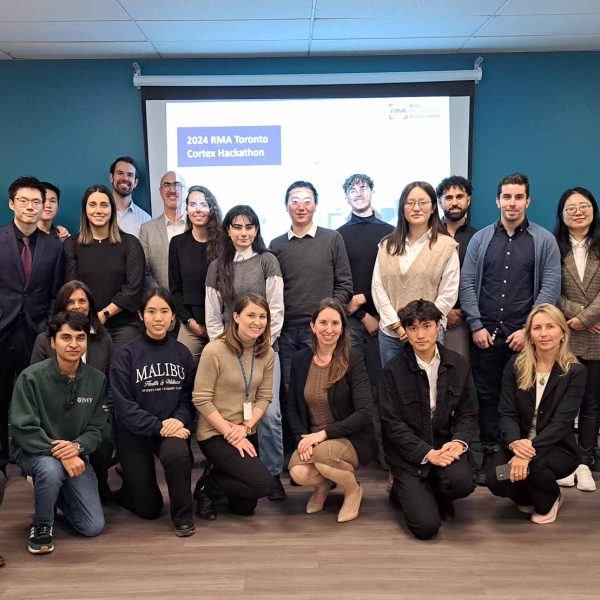We've witnessed a significant rise in data governance adoption in recent years. Careers, technology, education, frameworks, practitioners – there's growth in all aspects of the discipline.
 Regulatory compliance across many sectors is a typical driver for data governance. But I also believe one of the main reasons is the realisation by data leaders that they need a broader, over-arching governance framework if they are to deliver on their vision for a mature information strategy.
Regulatory compliance across many sectors is a typical driver for data governance. But I also believe one of the main reasons is the realisation by data leaders that they need a broader, over-arching governance framework if they are to deliver on their vision for a mature information strategy.
Of course, delivering these frameworks and change structures is no easy task. In particular, it requires you to first get in touch with the "softer" side of consulting skills.
Through many interviews with data governance practitioners, I've learned that developing the softer side of consulting – and engaging with users, sponsors and customers – is critical. You can only mature an organisation through clear communication and persistent change management.
Here's a sample of the soft skills cited in past interviews with data governance experts on Data Quality Pro:
- "I spend a lot of time briefing and training people on what data governance and data quality means to them."
- "I regularly brief senior management on their role and responsibilities as data stewards."
- "I use a variety of formats to get the message out about what data quality issues are, how you should report them and what will happen once you have reported them."
- "I ask business users to spend time explaining to me what they do and how they interact with data."
- "I run workshops with key consumers of data to help them learn how to document requirements in terms of data quality rules – this is so we can help them implement processes that measure, monitor and improve their data."
It's clear from data governance interviews like these that communication and persuasion form a core element of the required soft skills (not to mention patience!).
But there's no escaping the need for the harder, more technical side of data governance also.
- To explain what data governance means to people, you need to demonstrate how good quality data benefits them (and how bad quality data hinders them). This requires data quality assessments and the simple visualisation of issues they can relate to.
- To deliver tangible benefits "on the ground," you need an end-to-end data quality life cycle, supported with the required technology. There has to be a business-as-usual element to the planning and coordination aspects of data governance for people to realise an ROI from data governance.
- To document data quality rules, yes, they can be discovered in workshops and brainstorming sessions – but they also need to be managed, monitored and shared in a technology platform. Anything else and they just become once-useful documents that quickly gather dust.
- To help business leaders realise the benefit of stewardship programs and data quality issue management, there need to be simple dashboards and reports of progress, costs saved, customer satisfaction improved, revenues increased – things that stakeholders will value and share within their community to help spread the importance of data governance.
I believe data governance offers a fantastic opportunity for many data practitioners to develop their skills and extend their career. Your next step is to understand where your gaps are: hard or soft? What will your next focus be?
Read an article: Getting the right people on the big data bus





